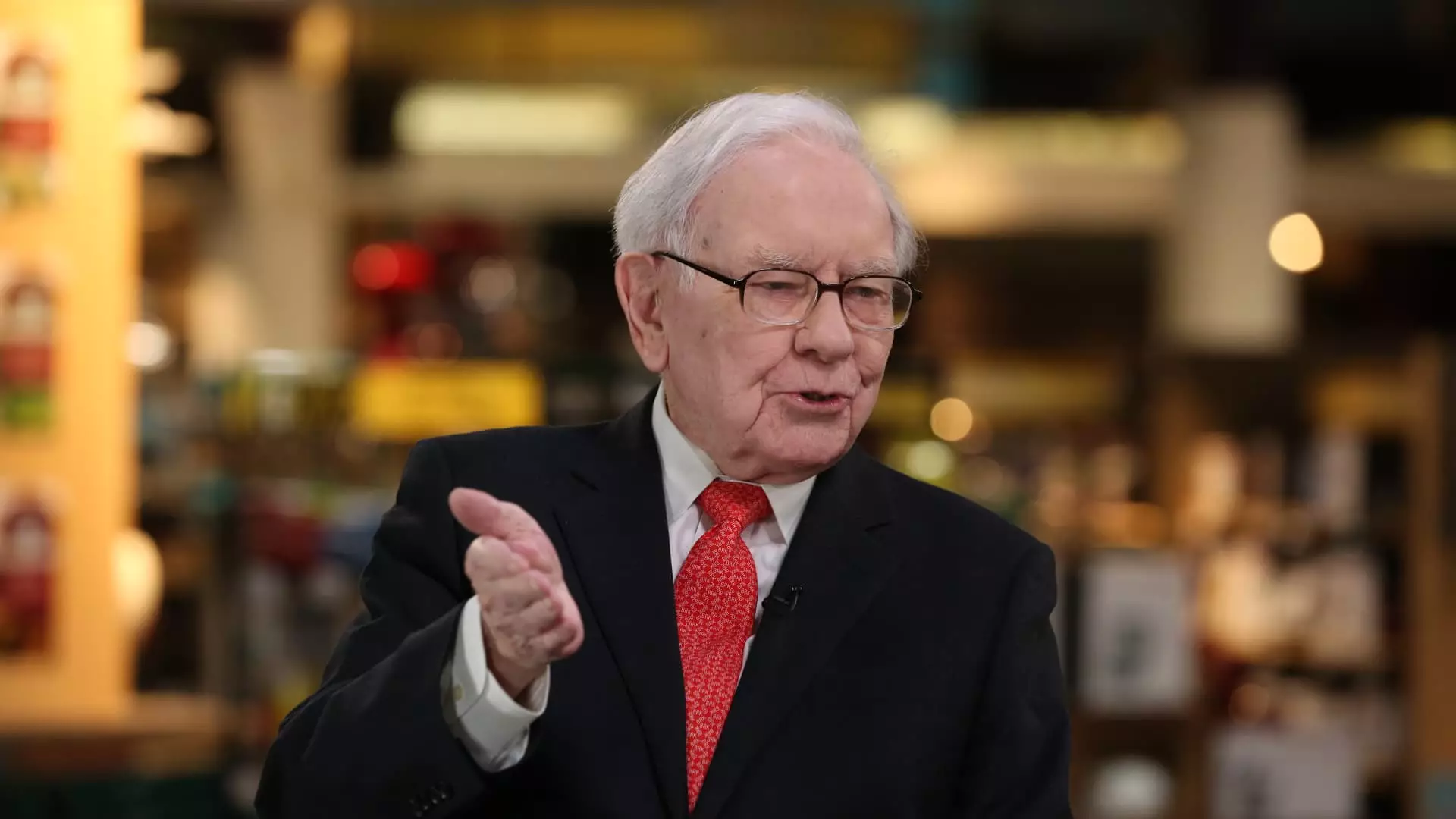The discourse surrounding tariffs and trade war threats has long been a contentious issue among economists and policymakers. As we approach significant political transitions, the implications of these policies threaten to reshape global economics. Recent remarks by influential figures like Warren Buffett serve as a reminder of the precarious balance maintained by free trade and the potential ramifications of its disruption. Notably, the announcement of new tariffs by President-elect Donald Trump raises urgent questions about their impact on the economy.
Warren Buffett, known for his sage perspectives on financial matters, articulated alarming concerns regarding the possibility of a trade war. He warned that aggressive tariff measures could have a detrimental effect not only on the U.S. economy but also on global markets. In interviews throughout 2018 and 2019, he emphasized that a trade war could translate into higher consumer prices, essentially acting as a hidden tax on the very individuals it purportedly aims to protect. The complexities of international trade mean that these implications do not remain confined within borders but resonate across various economies interconnected through trade.
Buffett’s critical analysis highlights a fundamental aspect of tariffs: they fundamentally alter the cost structure of goods in the market. While the benefits of free trade might seem obscure to consumers accustomed to prevailing prices, any imposition of tariffs is likely to cause price surges that consumers will feel immediately. As noted by Buffett, tariffs can shift production and consumption patterns, leading to unintended economic consequences. The direct correlation between tariffs and consumer spending is crucial; increased costs could lead to reduced purchasing power and significant market disruptions.
The unpredictability of political rhetoric becomes another layer in this discussion. It remains to be seen whether Trump’s tariff threats are genuine or merely a strategic angle to negotiate broader political goals, such as addressing issues of drug trafficking and immigration. However, the specter of punitive tariffs mirrors patterns observed during his first term, provoking fears of retaliatory measures and further escalations in trade hostilities. Buffett’s perspective underscores the president’s duty not just as a policymaker but as an educator, showing the public how such policies can have wide-reaching effects beyond immediate political motivations.
As the global economy evolves, the intricacies of trade policies and tariffs will require careful navigation. The legacy of past trade conflicts serves as a valuable lesson in understanding how economic policies can profoundly influence consumer behavior and international relations. As articulated by Buffett, leaders must not only implement change but also effectively communicate and rationalize their policies to the public. The challenge lies not just in maintaining competitive markets but in ensuring that the fruits of free trade continue to benefit consumers worldwide. As we look towards the future, the economic choices made today will undoubtedly shape both local and global economic landscapes for years to come.

Leave a Reply